Memory Management
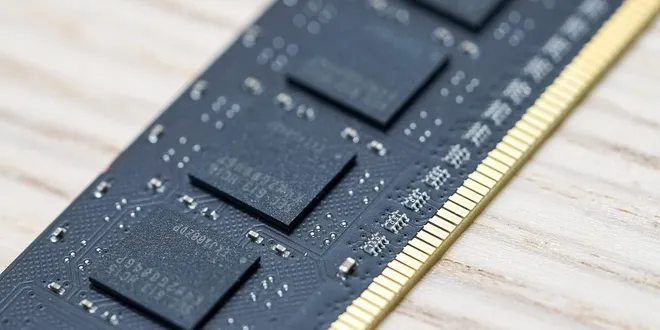
Operating System — Memory Management
Memory Management is the process of managing computer memory, moving processes between main memory and disk to boost the overall performance of the system. It is vitally important as it helps OS to…
📚 Read more at Level Up Coding🔎 Find similar documents

Chapter 6 Memory management
C provides 4 functions for dynamic memory allocation: malloc , which takes an integer size, in bytes, and returns a pointer to a newly-allocated chunk of memory with (at least) the given size. If it c...
📚 Read more at Think OS🔎 Find similar documents
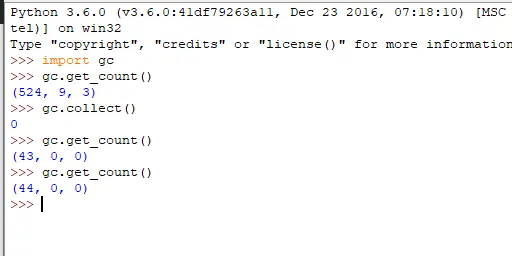
Python memory management
It is very important for any software developer to understand how memory allocation happens and how that memory is managed. Memory management in simple terms means , the process of providing memory…
📚 Read more at Analytics Vidhya🔎 Find similar documents
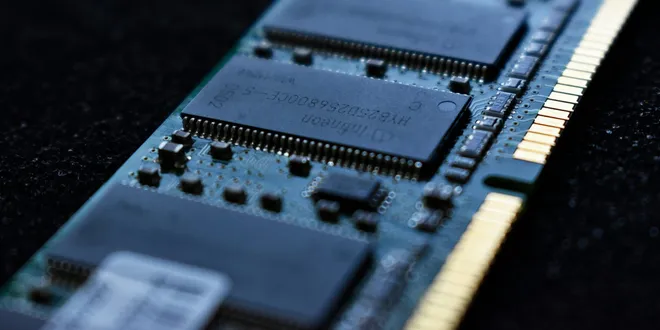
Memory Management in Rust: A Comprehensive Guide
Memory management is a critical aspect of systems programming. Traditionally, languages like C and C++ offer manual memory management, giving developers full control but also placing the burden of pre...
📚 Read more at Level Up Coding🔎 Find similar documents
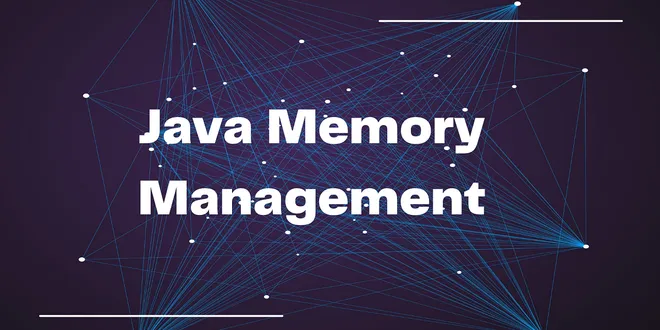
Java Memory Management: A Comprehensive Guide from Basics to Advanced Techniques
Memory management is often an overlooked aspect of Java development, especially for beginners. Yet it’s one of the most crucial components that can make or break your application’s performance. Whethe...
📚 Read more at Javarevisited🔎 Find similar documents
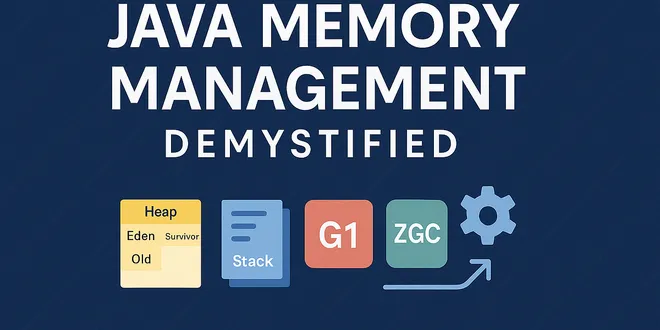
Java Memory Management Demystified
When Java applications run smoothly, we rarely stop to think about what is going on behind the scenes. But under the hood, the Java Virtual Machine is working diligently to manage memory, reclaim unus...
📚 Read more at Javarevisited🔎 Find similar documents

Intro to Automatic Memory Re-Allocation
Most programming languages have similar memory management procedures. First, memory must be allocated for storage. Then, you can read and write data to the allocated memory. Once you are done with…
📚 Read more at Level Up Coding🔎 Find similar documents

Outsourcing memory management
One of the ways to help microservices scale is to outsource some of their tasks. One such task that may hinder scaling efforts is memory management and caching data. For a single monolithic applicatio...
📚 Read more at Software Architecture with C plus plus🔎 Find similar documents

Memory Management in C: Tips & Best Practices
A guide to reliable and memory efficient C code Photo by Tim Gouw on Unsplash Memory management is a critical aspect of programming, often overlooked by beginners but deeply appreciated by seasoned d...
📚 Read more at Level Up Coding🔎 Find similar documents
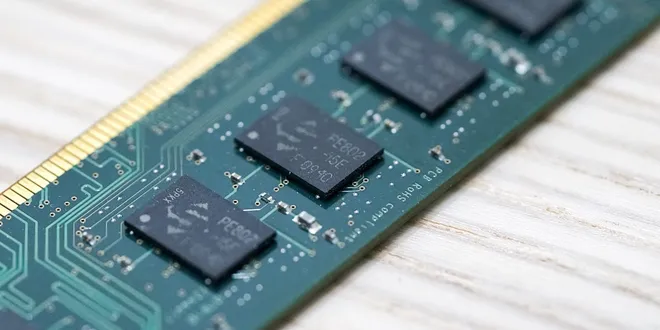
Memory Management In .NET
All about memory management in DotNet (.NET) and important related topics. Stack Heap Variables String Boxing Unboxing Garbage Collection Performance Small Objects Heap (SOH) Memory Generations Large ...
📚 Read more at Level Up Coding🔎 Find similar documents

Understanding Computer Memory System
Memory is the faculty of the brain by which data or information is encoded, stored, and retrieved when needed. It is the retention of information over time to influence future action. Similar is the…
📚 Read more at Analytics Vidhya🔎 Find similar documents
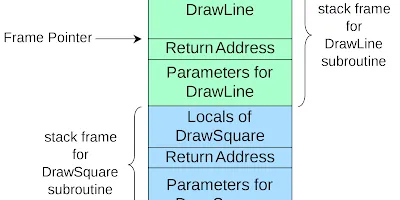
Pointers and Dynamic Memory in C++
Memory is divided into the stack and the heap or free store. Stack memory is automatically managed, whereas heap memory is not. Activation Records are blocks of memory on the stack that are used to…
📚 Read more at Analytics Vidhya🔎 Find similar documents

